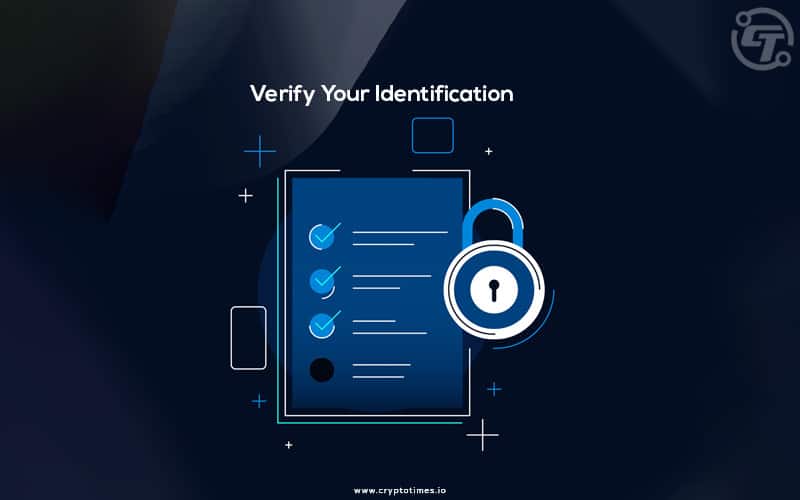Financial Regulators in Thailand to introducing KYC requirements for new accounts in crypto-asset exchanges. According to a report from Bangkok Post, the country’s Anti-money Laundering Office (AMLO) announced that as of July, crypto exchange verifies new customers using the ‘Dip-Chip’ machine.
The dip-chip requirement comes into effect in September, said Poramin Insom, co-founder and director of Satang Corp.
The new user currently verifies their identities with crypto exchanges by submitting documents online. The dip chip machine will scan a chip embedded in Thai citizen ID cards. For the verification process physical presence of customers require. The new rules may prevent foreign investors to access exchanges in the country, as they don’t have Thai ID cards.
Lawmakers also apply the same rules for gold sales worth more than 100,000 baht in cash (roughly $3200). The gold merchant located in the country’s capital, Bangkok, already uses a dip-chip machine for identification.
Tightening of regulation comes as crypto assets are surging popularity in Thailand. The number of accounts with Thai crypto exchange rose from 160,000 in late 2020 to nearly 697,780 in early May. Industry executives have expressed that the new rule will stifle the growth of the crypto industry in Thailand.
Poramin said, “Most digital asset exchanges are still busy preparing their system to accommodate the growing number of clients as new account applications continue to flow in. However, this growth may be curbed if the application process becomes more complicated.”
Also Read: A Caribbean Island Allows Residents To Do Transactions Using Bitcoin
Thailand Digital Asset Operators Trade Association plans to hold a debate on upcoming regulation at an upcoming forum. It enables dialogue with government entities, including the Securities and Exchange Commission and AMLO.
Mr. Poramin said digital asset exchange has the duty to report transactions worth over 1.8 million baht under money laundering law. Regulators must set up database inspections.







